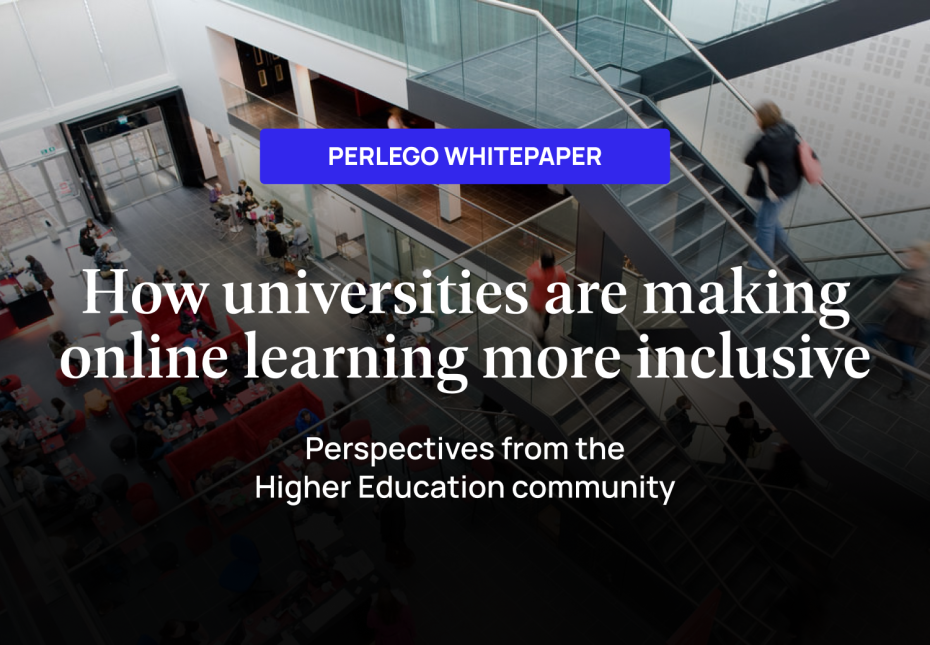Libraries have continuously evolved and refined their spaces and services to be connectors in campus communities, creating accessible and inclusive environments. They offer adaptable learning spaces, curated exhibitions and events, and areas free of judgement. While libraries’ contributions to gathering and belonging extend to the digital environment, here, I’ll focus on physical spaces.
Envisioning a gathering place is straightforward, yet conceptualising one that fosters belonging requires deeper insight. Educational psychologist Kelly-Ann Allen et al’s integrative framework for belonging identifies four key components of belonging: competencies, opportunities, motivations and perceptions. In this framework, opportunities to belong are supported by the removal or reduction of barriers.
- Why universities should consider merging library and IT departments
- THE podcast: what does it mean to decolonise a library?
- Five tips to enhance your institution’s civic engagement by working with public libraries
Reducing barriers is a critical component of academic libraries’ services, and this can be a constant focus for librarians. One of the American Library Association’s (ALA) Core Values of Librarianship is equity, cultivated in part through dismantling barriers.
Together, these attributes highlight some of the qualities that make libraries the go-to place on campus. Here are three reasons why.
Learning environments for everyone
Student and faculty populations are diverse, and so are learning needs and preferences. Libraries address this by creating inclusive and adaptable learning environments that cater to different learning styles, such as silent carrels or cubicles, collaboration areas that can be reconfigured, and communal lounges.
While many library areas encourage discussion, students value individual learning spaces for focused concentration. This studying “alone together” remains popular, and libraries continue to provide these opportunities. Technology-driven spaces, such as data visualisation areas and digital scholarship labs, promote synergies among users.
To further enhance these offerings, libraries need to seek feedback from users and observe them in their respective environments, while also aiming to align their design with evolving pedagogical and research needs. By offering varied environments, libraries encourage students and staff to gather.
In addition to areas dedicated to learning and research, academic libraries are increasingly designing spaces to support wellness and mindfulness alongside related resources that are carefully curated and prominently highlighted. Libraries can partner with wellness centres to offer workshops and resources that encourage activities and knowledge discovery within these spaces. While other campus departments provide mental health services, the library’s central location and overall environment invites patrons to engage at their own pace. Extending core services encourages belonging and promotes holistic development.
Opportunities for collaboration and connection
Many academic libraries host a variety of exhibitions and events, fostering collaboration and community engagement. These initiatives build valuable relationships and diversify the library’s offerings, ranging from author talks bridging disciplines to thematic exhibitions co-curated with student groups.
Libraries organise events such as book club discussions, interdisciplinary panels or cultural seminars that bring together students and faculty from diverse backgrounds. Often rooted in highlighting library resources, showcasing student work and promoting faculty research, these activities encourage the exchange of ideas and community building.
To maximise impact, libraries can engage with a range of student organisations and faculty to broaden their scope, actively reaching out to those who have not previously interacted with the library. Partnering with external organisations or local communities can further expand the library’s reach and foster connections that extend beyond the campus.
Welcoming spaces and services
Libraries strive to create inclusive spaces and services that welcome all patrons, offering diverse learning environments and engagement activities that embrace varied perspectives. In academic libraries, students, faculty and staff can access support for research, scholarly communication and professional development without the pressure of grades or external expectations. Service in a welcoming, judgement-free environment helps dismantle barriers and fosters a sense of belonging.
However, the concept of neutrality in libraries is complex and warrants critical examination. Libraries often reflect historical biases, which can impede feelings of belonging among traditionally marginalised groups. The longstanding tradition of neutrality may not fully support the sense of belonging for all community members.
For instance, a recent study at the University of Illinois Library, involving interviews and a focus group of multiracial students, revealed that while participants perceived the library as neutral, they did not view it as a space that enhances their sense of belonging, nor did they expect it to do so. This highlights the need for ongoing refinement and proactive measures to bolster libraries’ role in fostering community and belonging.
By gaining deeper insights into users’ holistic needs and continuously refining approaches, spaces, and services to align with these expectations, libraries can advance their commitment to equity and enhance their ability to promote gathering and belonging for a broader range of users.
Academic libraries play a key role in shaping campus communities. Part of that role is providing spaces that foster gathering and a sense of belonging. By continually adapting their environments and programmes, they break down barriers and enhance inclusivity. By collaborating, we’ll ensure libraries continue to be at the centre of a dynamic and inclusive academic environment, fostering gathering and belonging for all members.
Bethany Wilkes is deputy university librarian at Hong Kong Baptist University.
If you would like advice and insight from academics and university staff delivered direct to your inbox each week, sign up for the Campus newsletter.




comment